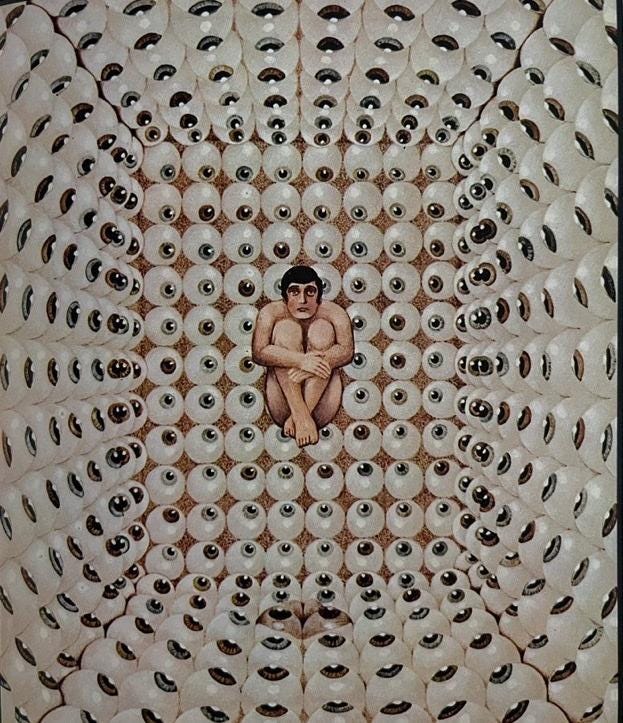I.
I admit it: I’m an overconfident writer—arrogant, even. I revel in experimenting with my prose, convinced there’s a unique style that defines my voice. Yet, this audacity comes with a cost in the digital creator space. Experimentation in writing is about chasing the unproven, often veering away from the trendy and the safe. Recently, I created a chapter for my “Red Book” that transforms a dream or “vision” into a narrative—a reflective dive into my thoughts, emotions, and research from that moment in time. It’s an exercise in introspection, a playground for my experimental style and performative writing. Or so I hope.
I love sharing my work, but I’m acutely aware of the backlash. The digital artist space is harsh, unforgiving.
“Oh, you think you’re Carl Jung? You’re not that smart.”
Well, of course I’m not Jung—I’m not trying to be. I’m trying to explore myself and the relationship of self with the external. I’m not trying to be anybody. I’m just trying …
Keep reading with a 7-day free trial
Subscribe to Brenden's Labyrinth to keep reading this post and get 7 days of free access to the full post archives.


